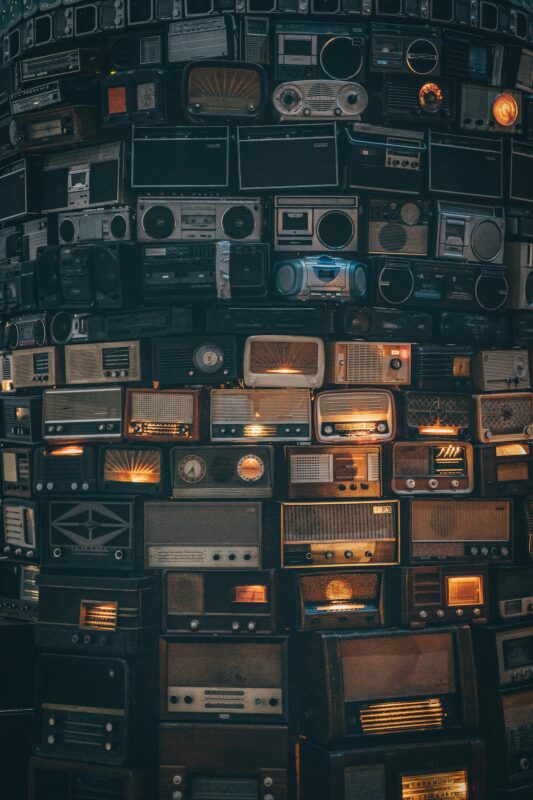In a letter written in April 1922 the poet Hart Crane posed a question to a friend: “Will radios, flying machines, and cinemas have such a great effect on poetry in the end?” He was questioning the infatuation of the early Modernist writers then emerging with “the latest thing,” and wrestling with it in his own poetry. (1922 saw Joyce publish Ulysses and Eliot “The Waste Land”.)
It was a good question then, and still is. In the century that followed, the explosion of new technologies and science has kept the question before us. How do poets today deal with an ancient moon that shares the sky with satellites in transit? How do they deal with the Red Shift, black holes, a universe of dark matter that we can’t see? With DNA and the double helix that determines the nature of all life?
I think the poets will capture and express the new realities with the same tools they have always used: imagination and the language. They will take it in stride. Imagination goes where understanding stops and cannot go. In this excerpt from her poem “Look Again” see how Sarah Lindsay accepts the realities beyond the reach of our senses and brings it back where all poems must end: what it means to be human.
I know how little I know
from observation…
that my eyes are too slow
to track shooting stars, too quick
to spy continental drift,
and earth conceals its spin
by spinning me with it,
that a tree won’t let me
see its growth, only its height,
that hairs on my head go singly gray
only by night.

